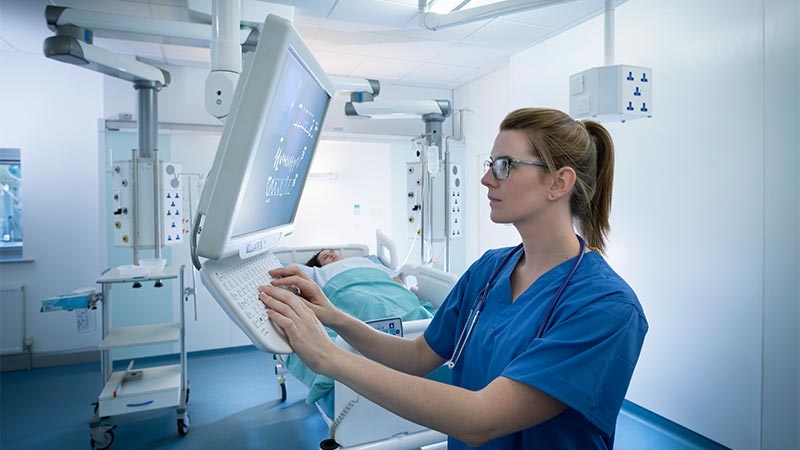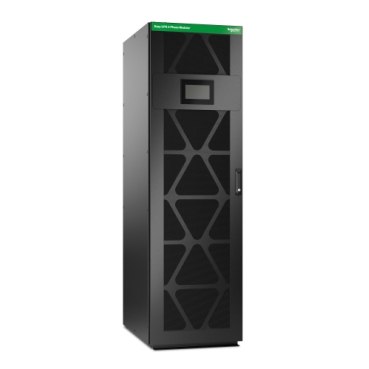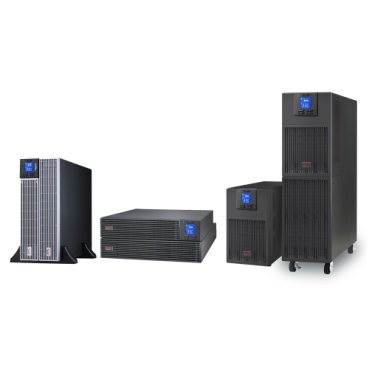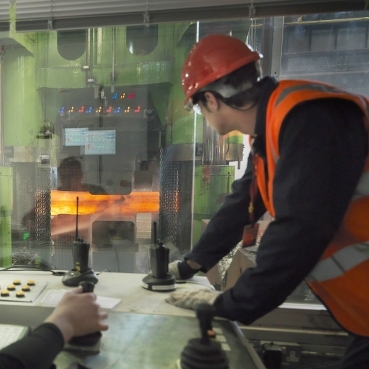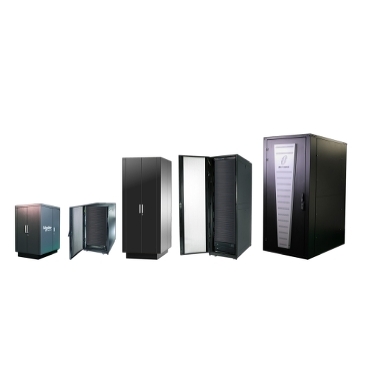What is a critical power system?
A critical power system is a set of solutions that keep the equipment operational and online even in the event of a power cut, fluctuation, brownout, or other problems with the main power supply. In many cases, this system utilises a specialised UPS solution that provides reliable power backup to critical equipment and systems in case of power failures or other disruptions. This uptime power management solution is best for industries such as healthcare, finance, IT, food and beverage, water and wastewater, and many other sectors where power interruption can result in equipment damage, data loss, and downtime that will cause serious consequences.
What is the UPS system?
An Uninterruptible Power Supply is a reliable uptime solution that serves as a protection to all critical equipment and systems in the event of power failures, power outages, or other disturbances. This critical power system is essential to all industries that require continuous power supply to ensure smooth operation. We can distinguish industrial UPS and commercial UPS devices. Although they have the same purpose, there are key differences between the two. Industrial UPS systems are typically designed for heavy-duty use and are meant to power critical equipment and systems. On the other hand, commercial UPS systems focus on smaller-scale applications such as offices, retail stores, or other small environments. The use of sustainable UPS systems is key to minimising environmental impact and reducing the costs of conducting the business.
How many types of UPS are there?
We can distinguish three main types of UPS: standby, line-interactive, and online. The main difference is how power flows through the unit. The most basic one, standby UPS, ensures surge protection and battery backup during power outages. Line-interactive UPS is, on the other hand, more complex as it delivers additional voltage regulation. What’s more, it can handle overvoltage. Online UPS, being the most advanced type, introduces constant power conditioning. This is the superior solution as it can handle all power disturbances.








